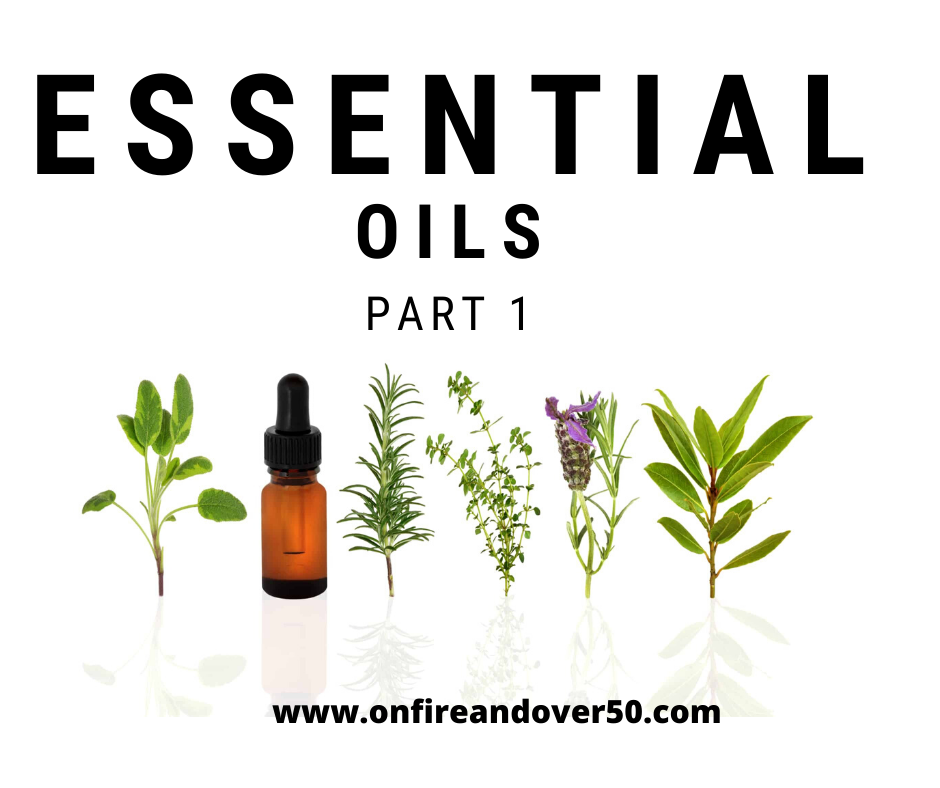Essential oils are concentrated liquids (hydrophobic liquids) that contain aroma compounds from plants. They are also known by other names such as: volatile oils, etheral oils, aetherolea or oil of the plant. (Courtesy: Wikipedia)
These oils are referred to as "essential". However, don't confuse this term as meaning "indispensable" as in essential fatty acids and other needed nutrients. In this case, "essential" refers to the "essence of" the plant's fragrance. This "essence" is the characteristic fragrance of the plant from which the oil is derived. (Courtesy: Wikipedia)
The Merriam-Webster dictionary definition:
any of a class of volatile oils that give plants their characteristic odors and are used especially in perfumes and flavorings, and for aromatherapy.
Dictionary.com definition:
any of a class of volatile oils obtained from plants, possessing the odor and other characteristic properties of the plant, used chiefly in the manufacture of perfumes, flavors, and pharmaceuticals.
Essential oil: An oil derived from a natural substance, usually either for its healing properties or as a perfume. Some pharmaceuticals, and many over-the-counter or 'holistic' remedies, are based on or contain essential oils.
For example, products containing camphor or eucalyptus essential oils can help relieve congestive coughs, and many essential oils are used in the practice of aromatherapy.
Essential Oil University definition:
the term "essential oil" actually goes back to the days of the Alchemists in the Middle Ages. Alchemists searching for the "elixir of life" and "the philosophers stone" made many chemical discoveries. In the Hippocratic system of medicine it was said that the four temperaments, nervous (hyper), sanguine (cheerful), lymphatic (slothful), and bilious (grouchy) correspond to the four elements of earth, air, fire, and water and that disease is due to an imbalance of these elements. (http://bit.ly/2fo3bhF)
How do they work?
Aromatherapy is the most common use for essential oils. Aroma mean scent and therapy means treatment. When we inhale a particular fragrance that we find enjoyable, such as a kitchen spice or a flower, we feel good. It can lift our spirits and make us feel happier. It can also invoke hunger, calmness or easier breathing.
While some claimed benefits have not been evaluated, the effect of a scent on our mind and body is clearly evidence of the power of smell.
Essential oils can also be applied directly to the body through the skin.
Usually applied with a carrier oil such as coconut oil or olive oil. The safety of applying essential oils directly to the skin with out a carrier oil is debatable. Therefore I choose not to apply directly to my skin. (Some massage therapists use essential oils in their massage practices. Check with them on the safety and possible side effects before using essential oils in this way.)
There is a grey line as to whether essential oils can be ingested.
While some take essential oils regularly internally, the safety of of digesting essential oils internally has not been determined. Personally, I choose not to ingest them. I would rather be on the side of safe caution than to risk internal damage that I may experience years from now. More research is needed in this area.
What is the "hype" about essential oils?
Essential oils have some definite benefits and more is being learned about their effect on our minds and bodies everyday. Everyone is looking for a natural method to treat ailments such as joint pain, depression, insomnia, skin problems, and many more.
Essential oils have benefits to them for these ailments and many more, but you have to use them properly. If not used properly, they can cause harm. As with all "natural" methods of health treatments, do your research. Don't believe all the hype that is out there.
What are the "facts" about essential oils?
The facts are this. Aromatherapy is fairly safe. We breathe spice and air fresheners all the time, there is no reason to believe that inhaling essential oils is harmful, if done properly. Other uses such as applying directly to the skin or ingesting needs more research and should be researched thoroughly before doing. There is not a lot of proven testing or facts on the use of essential oils.
How to determine good quality oils from cheaper oils?
There are no current standards or governing testing done to determine the quality of essential oils. This doesn't mean they are not safe, it just means that their safety has not been researched. Of course, the quality of the oils will impact their effectiveness; however, there's no method to determine quality level as of yet.
Conclusion: Are essential oils beneficial or a waste of money?
We have proof that certain smells can affect us either in a negative manner or in a positive manner. When we smell a yummy dinner cooking in the kitchen, we are affected emotionally and physically; emotionally, childhood memories may be aroused by certain food smells, and physically, we become hungry. It is also known that if we smell rotten food, we are turned off by it and it ruins our appetite. Aromas affect us, this is a fact.
Whether essential oils do more for us than just smell good or bad, is debatable. No solid research has been gathered to proof any benefits. However, when we smell something good, we usually feel better.
Using a diffuser can create a warm and pleasant scent throughout our home. Other than that, we need more research.
Personally, I would rather use a diffuser and essential oils than to spray a room deodorizer or air freshener in my house where I will inhale more than just aromas. There are many chemical compounds in those items that are not in essential oils, so I choose to avoid them.
Have you ever used essential oils? How do you use them? Have you experienced positive effects that you would like to share with the rest of us? How do you determine the quality of your essential oils? Please share your experiences.
XOXO

 RSS Feed
RSS Feed